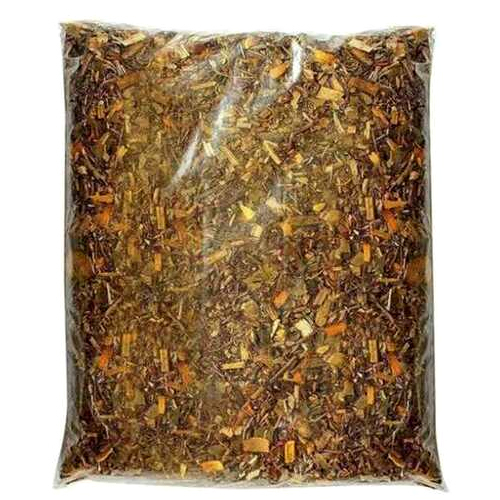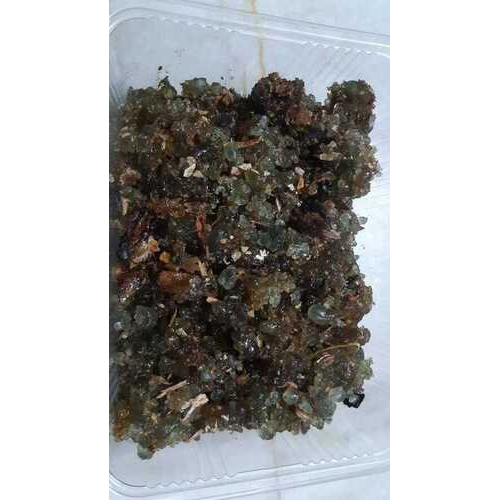Hawan Samagri
Product Details:
Hawan Samagri Price And Quantity
- 95 INR/Kilograms
- 1000 Kilograms
Hawan Samagri Trade Information
- 1000 Kilograms Per Day
- 1 Days
- All India
Product Description
Yagna Samagri, often referred to as Hawan Samagri, is a collection of numerous holy items utilised in Hindu religious rituals known as havan or yagna. Specific objects are ritualistically burned at these rites as sacrifices to gods and other supernatural beings. Hawan Samagri is meticulously made by fusing a number of elements with symbolic and spiritual significance.
Depending on local traditions and customs, Hawan Samagri's composition can change, but it commonly combines the following elements:
1. Various dried plants and herbs are used, including dried mango, neem, betel, tulsi (holy basil), and bael (wood apple) leaves. These plants are thought to have healing and cleansing effects.
2. Fragrant Ingredients: Aromatic ingredients like sandalwood powder, guggul (a resin), camphor, and benzoin resin (loban) are used to enhance the ceremony's scent and elicit a spiritual atmosphere.
3. Ingredients with medicinal value: To enhance health and promote healing, ingredients of medicinal value such turmeric powder, dried ginger, black cardamom, and cloves are included.
4. Rice, wheat, barley, and a variety of pulses are frequently used to symbolise fertility, prosperity, and nourishment.
5. Ghee and Oils: Ghee, or clarified butter, is an essential component of Hawan Samagri since it represents purity and feeds the fire. Additionally, oils like sesame oil can be used.
6. Jaggery (raw cane sugar), honey, and sugar are used as sweeteners to make the offering sweeter and to represent a peaceful and joyous environment.
7. Resins and Woods: Other aromatic compounds like frankincense and sambrani (loban) may be included in addition to the guggul and benzoin resins described above. For their wonderful smell, certain woods can also be incorporated, such as sandalwood or agarwood chips.
8. Sacred goods: Some Hawan Samagri combinations may also contain particular sacred goods, such as holy ash (vibhuti), sacred threads (moli/kalava), and dried fruits like dates or coconut.
The components and ratios of Hawan Samagri might vary, and people may have their own preferences or particular rules based on their spiritual practises and customs. This is crucial to keep in mind.








